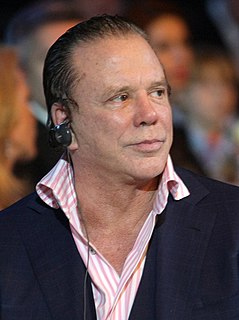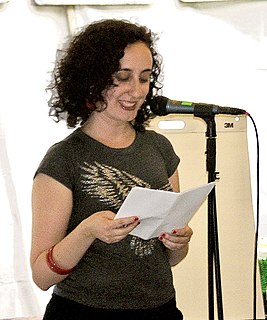A Quote by Karl Barth
Related Quotes
The angels laugh at old Karl. They laugh at him because he tries to grasp the truth about God in a book of Dogmatics. They laugh at the fact that volume follows volume, and each is thicker than the previous ones. As they laugh, they say to one another, ‘Look! Here he comes now with his little pushcart full of volumes of the Dogmatics!’—and they laugh about the persons who write so much about Karl Barth instead of writing about the things he is trying to write about. Truly, the angels laugh.
But in the end, science does not provide the answers most of us require. Its story of our origins and of our end is, to say the least, unsatisfactory. To the question, "How did it all begin?", science answers, "Probably by an accident." To the question, "How will it all end?", science answers, "Probably by an accident." And to many people, the accidental life is not worth living. Moreover, the science-god has no answer to the question, "Why are we here?" and, to the question, "What moral instructions do you give us?", the science-god maintains silence.
Not everyone wants to know everything their partner did. Maybe it's enough to say, "Things aren't going well in our marriage. I've made mistakes. I don't think you've been a good partner to me. How do we go forward together?" I think there's a different answer for every couple. But I think intimacy is asking that question.
Nowadays, to say that we are clever animals is not to say something philosophical and pessimistic but something political and hopeful - namely, if we can work together, we can make ourselves into whatever we are clever and courageous enough to imagine ourselves becoming. This is to set aside Kant's question "What is man?" and to substitute the question "What sort of world can we prepare for our great grandchildren?
If I was going to sum up my approach to this whole mind issue, I would say this: the question is often formulated in a very bad way - for example, by posing the question in terms of stuff. It's better to start with the things we do know: for example, that there are people and other thinking creatures, who have mental capacities. Our next step should be to say something about these capacities.
We cannot discuss the state of our minorities until we first have some sense of what we are, who we are, what our goals are, and what we take life to be. The question is not what we can do now for the hypothetical Mexican, the hypothetical Negro. The question is what we really want out of life, for ourselves, what we think is real.
I don't think there is any scientific evidence about the question of whether we think only in language or not. But introspection indicates pretty clearly that we don't think in language necessarily. We also think in visual images, we think in terms of situations and events, and so on, and many times we can't even express in words what the content of our thinking is. And even if we are able to express it in words, it is a common experience to say something and then to recognize that it is not what we meant, that it is something else.


































